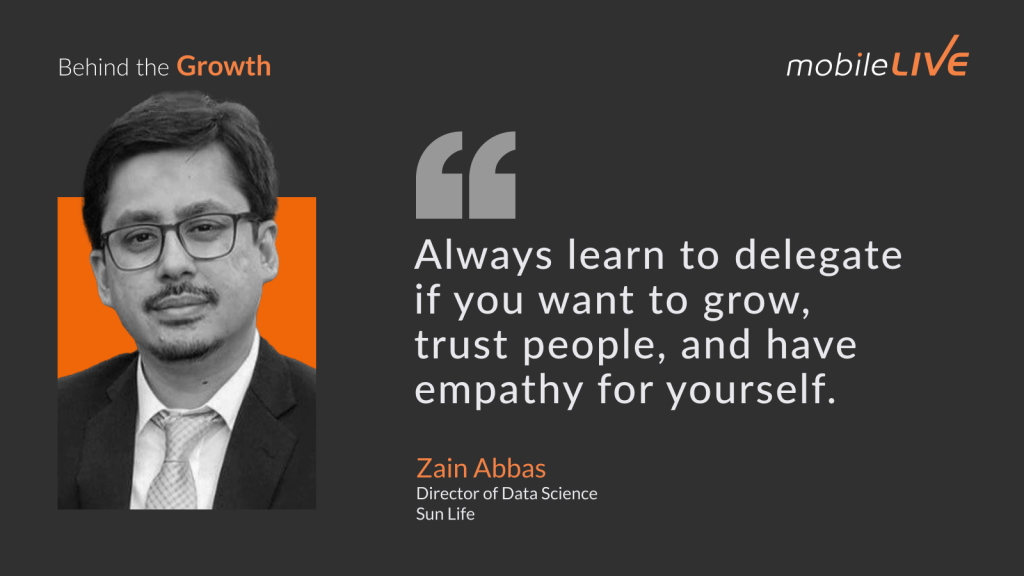Key Insights
AI and Machine Learning Drive Predictive Modeling in Finance
Predictive modeling in the financial sector uses AI and machine learning to forecast market trends and support executive decision-making. Natural language processing (NLP) techniques are employed to analyze historical financial analyst calls, providing insights into speech length, sentiment, and terminology used by executives. This approach helps improve the quality and impact of executive communications. Additionally, predictive models, leveraging historical data and advanced AI techniques like GPT, anticipate questions from financial analysts, achieving significant accuracy. This methodology highlights the potential of AI to enhance strategic planning and decision-making in finance.
Transitioning from Academia to Industry Requires Adaptability
Shifting from academic roles to industry positions involves significant challenges, particularly in adjusting to the scale and pace of industrial projects. Key strategies for successful transition include continuous learning, quick adaptation, and seeking guidance from peers. Embracing new environments and constantly updating skills are crucial. The transition often involves moving from theoretical research to practical applications, requiring a blend of technical expertise and business acumen. This adaptability ensures that professionals can effectively contribute to and thrive in dynamic industry settings, leveraging their academic knowledge in real-world scenarios.
Future Trends in AI Emphasize Automation and Interconnectivity
The future of AI will see increased automation and greater interconnectivity between different use cases. AI applications will move beyond isolated implementations to more integrated systems, enhancing overall efficiency and effectiveness. Edge computing will become more prevalent, allowing AI models to operate on smaller, local devices for instant decision-making. This trend will be crucial for the advancement of IoT and smart devices. Additionally, there will be a growing need for explainability, transparency, and ethical considerations in AI, ensuring that models are fair, unbiased, and understandable. These developments will drive innovation and trust in AI technologies across various industries.

Episode Highlights
Zain’s Journey into AI and Machine Learning
Zain Abbas shares his journey from being a web developer to becoming an AI and machine learning expert. His interest in data analytics and machine learning was sparked during his bachelor’s and deepened during his master’s, where he worked on a dataset related to jaundice disease. This experience solidified his decision to pursue a career in AI and machine learning, particularly in the financial sector.
“I was exposed to machine learning and AI, initially in my bachelor’s and then more in-depth in my master’s. And that’s where I decided that, yeah, this is the field where I want to go. Specifically in my master’s, I was exposed to a dataset that was related to a jaundice disease, which was very rampant in the society back home. And that’s the problem that I started to work with in the master’s.”
The Importance of Stepping Out of Comfort Zones
Zain emphasizes the significance of stepping out of comfort zones to advance one’s career. He recounts leaving a stable job to pursue a master’s degree, a decision that exposed him to new areas and opportunities in AI and machine learning. This pivotal moment underscored the importance of taking risks and continuously seeking growth and improvement in professional life.
“I thought, okay, let’s just try doing a master’s, try going deeper into the field and going for the master’s and putting my job on the side was probably one of the most important moments in my career. Because when I went into the master’s, I was exposed to this area, which I’m working on until today.”
Overcoming Challenges in Career Transition
Zain discusses the challenges he faced while transitioning from academia to the industry, particularly the scale and pace of industrial projects. He highlights the importance of adaptability, continuous learning, and seeking help from others. These strategies helped him navigate the challenges and successfully transition into his new role in Canada, demonstrating the importance of resilience and open-mindedness in career growth.
“When I came to Canada, the biggest challenge I faced was while I was searching for my job, I also had to make sure that I had a sense of the scale that I’ll be working with. I address that by learning quickly, trying to adapt quickly, always asking for help, never being shy of asking for help, learning from everyone.”
Leadership Philosophy and Team Growth
Zain shares his leadership philosophy, emphasizing the importance of leading by example, continuous improvement, and growing with the team. He believes in empowering team members, delegating responsibilities, and fostering a collaborative environment. Zain highlights that progress is achieved when leaders train their replacements and share knowledge, ensuring the team’s overall growth and success.
“I will always try to lead by example because that’s what I’ve seen my successful leaders do. Continuous improvement is something that I always try to do myself and as well as for my team. I’m a firm believer of growing with the team. So as you are trying to progress into your roles, you should be also progressing in their roles. And so, if you want to progress, you will never be able to progress until you have a good replacement that you’ve trained yourself.”







